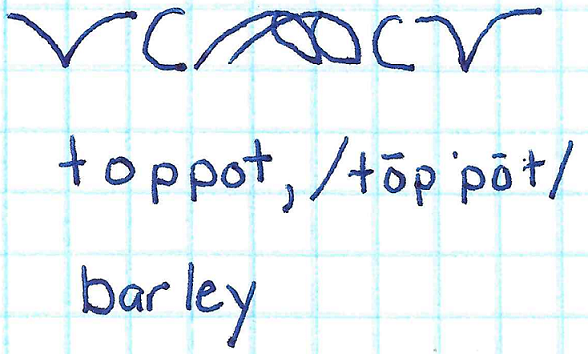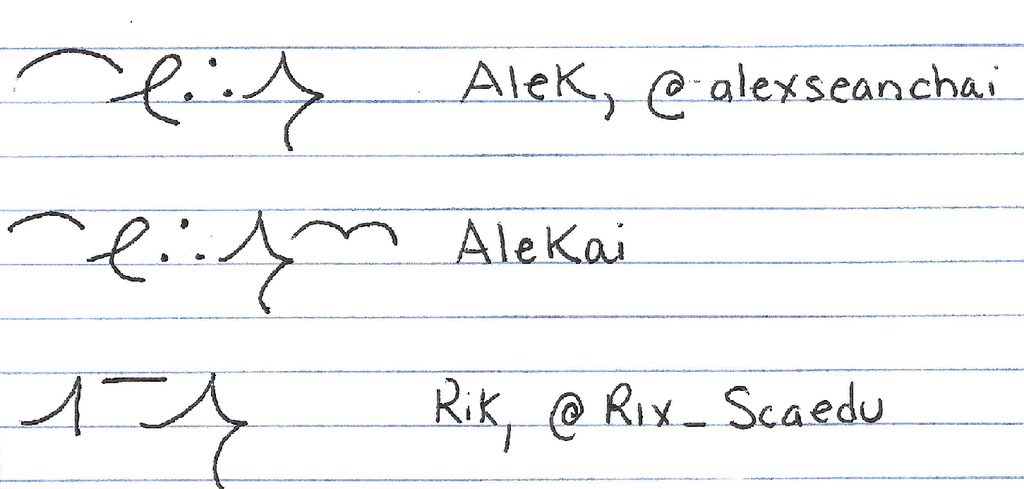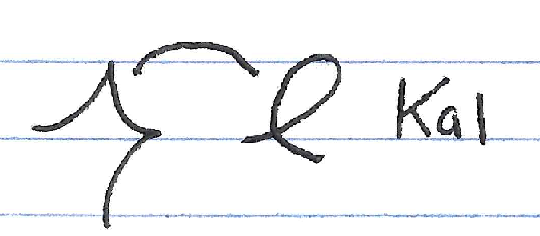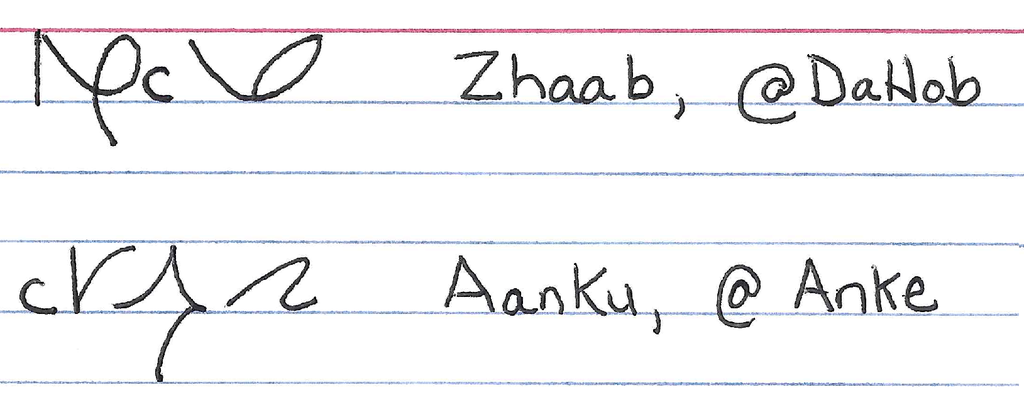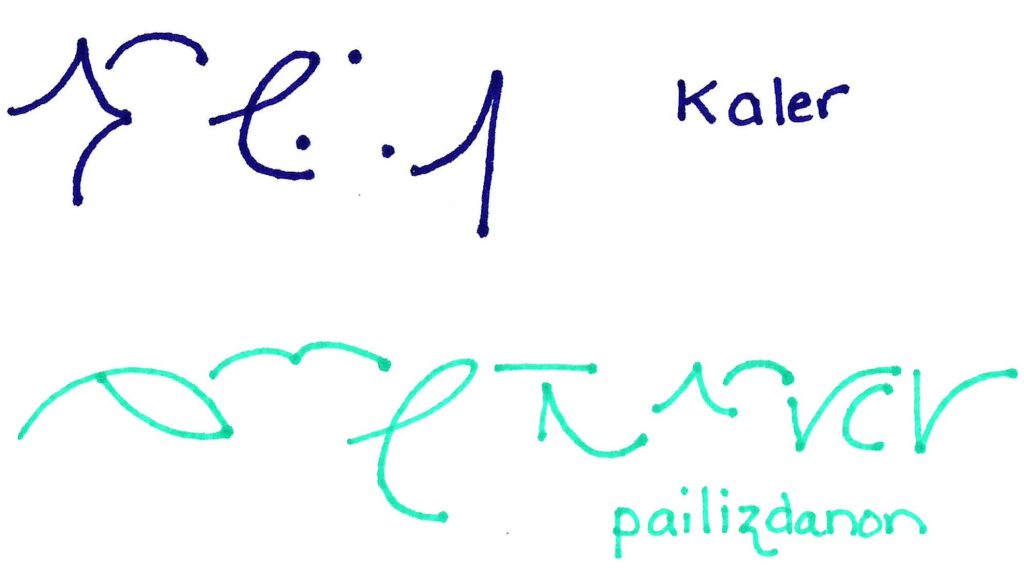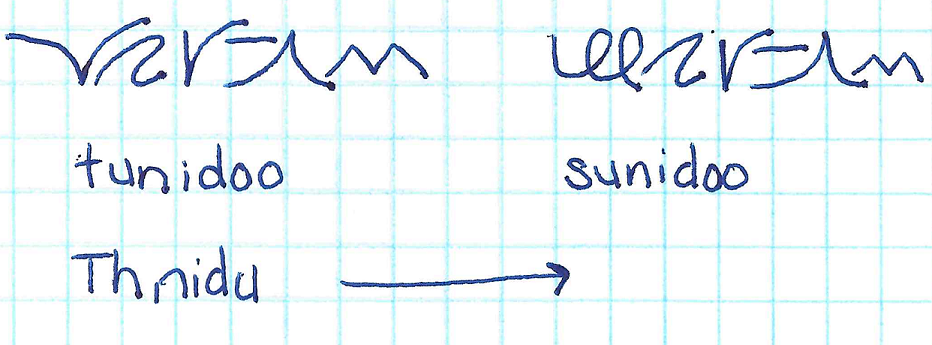I’ve been playing around with language, as you’ve noticed, and playing with putting people’s names into Calenyen phonemes.
In some cases this requires bending the rules. For instance, my name, Lyn, falls entirely within Calenyen phonemes, but L- is not an initial sound.
In others, it requires bending the name:
It’s a CV(C)**** language: Underlyingly CVC, but because of degemination very commonly CV(C) in less formal registers, and typically so written (except in formal documents). (hat tip ![[personal profile]](http://s.dreamwidth.org/img/silk/identity/user.png) thnidu)
thnidu)
Adjacent consonants are okay unless they occur within the same syllable
No cl, gr, sk, bl, and so on.
No -io, -ia, like Mario, Maria, either. HOWEVER, to quote ![[personal profile]](http://s.dreamwidth.org/img/silk/identity/user.png) inventrix, “some of the vowel combination sounds can be ‘mimicked’ by using a palatalized preceding consonant.”
inventrix, “some of the vowel combination sounds can be ‘mimicked’ by using a palatalized preceding consonant.”
And some are nigh on impossible!
How’s yours work out?
Calenyen has the following letters:
Consonants
14 that can begin a word:
7 nonpalatalized, or “plain”: K, L, P, T, D, B, G,
7 corresponding palatalized: ky, ly, py, ty, dy, by, gy *
10 that cannot begin a word (non-initial)***:
5 plain: r, z, zh, m, n
5 palatalized: ry, zy, zhy, my, ny
4 non-initial consonants that arose in later days
2 plain: v, s
2 palatalized: vy, sy Vowels
9 vowels**
ai, i, aa, a, e, ie, u, o, oo (see here)
* beginning a noun, even a proper noun, with a palatalized consonant suggests something is without use, worthless. Yes, some people name kids that way.
** you can begin a name with a vowel! It means you’re royal, or, at least, you have an Emperor/Empress in your ancestry.
***The Calenyen break this rule, so it’s okay if you do! They like stealing names from other languages…
****with some variations, see Imperial names, etc.
If you want, I’ll draw your name in Calenyen letters. I could use the practice!
If your screen name involves an word (dragonfly, inspector, thorn, alder), I could be convince (if you ask) to make up that word in Calenyen, too.
This entry was originally posted at http://aldersprig.dreamwidth.org/1022144.html. You can comment here or there.
